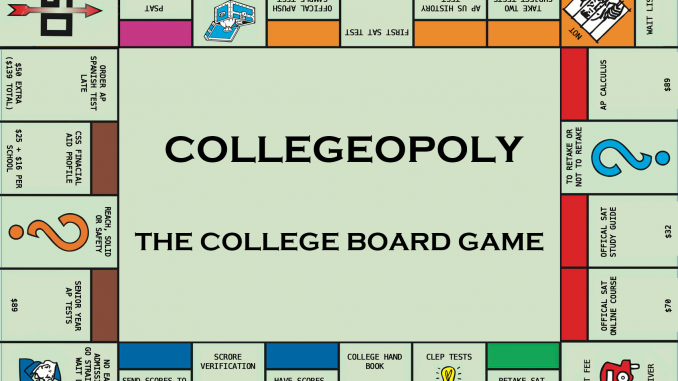The College Board, a cornerstone in higher education, plays a pivotal role in shaping the academic journey of millions of students across the United States and beyond. This comprehensive article aims to shed light on the multifaceted organization, from its history and mission to its suite of services and its impact on college admissions.
History and Evolution
The College Board’s story began in 1900, marking over a century of influence in the educational landscape. Initially established by a consortium of colleges and universities, its primary goal was to streamline the college admission process. Over the decades, the organization has evolved, expanding its reach and services to address the changing needs of students and educational institutions alike. Today, the College Board is recognized for its commitment to facilitating access to higher education through standardized testing, advanced placement programs, and a plethora of resources aimed at students, educators, and institutions.
Core Offerings and Services
Standardized Testing
At the heart of the College Board’s offerings is a suite of standardized tests, including the SAT, PSAT/NMSQT, and Advanced Placement (AP) exams. These tests serve as benchmarks for academic readiness and are pivotal in the college admissions process. The SAT, one of the most widely recognized college entrance exams, evaluates students’ reading, writing, and mathematical skills. The PSAT/NMSQT acts as both a preparatory test for the SAT and a qualifying exam for National Merit Scholarships. AP exams, on the other hand, allow high school students to undertake college-level courses and earn college credit or advanced placement, fostering a smoother transition to higher education.
College Planning and Advisement
Beyond testing, the College Board extends its services to comprehensive college planning and advisement. Tools like BigFuture offer students personalized guidance in exploring colleges, selecting majors, understanding financial aid, and navigating the application process. These resources demystify the path to higher education, making it more accessible to students from diverse backgrounds.
Advocacy and Policy Influence
The College Board also plays a crucial role in shaping educational policy and advocacy. By conducting research, publishing reports, and collaborating with educational institutions and policymakers, the organization strives to address equity and access challenges in education. Its initiatives aim to close the gap in college readiness and success, particularly for underrepresented and low-income students.
Impact on College Admissions
The College Board’s influence on college admissions cannot be overstated. Its standardized tests are a key component in the application process, serving as a common metric for evaluating academic potential. However, this role has also been a source of debate, with critics arguing that standardized tests may not fully capture a student’s capabilities or potential. In response, the College Board has continually adapted its exams, incorporating feedback and research to ensure fairness and relevance.
The Future of Standardized Testing
In recent years, the landscape of college admissions has been shifting, with an increasing number of institutions adopting test-optional policies. This change has prompted the College Board to reevaluate and innovate its offerings, including the introduction of a digital SAT format designed to be more adaptable and accessible. Such developments reflect the organization’s commitment to evolving with the educational landscape, ensuring that its services remain aligned with the needs of students and institutions.
Challenges and Criticisms
Despite its significant contributions, the College Board has faced its share of challenges and criticisms. Concerns have been raised regarding the cost of exams and preparatory materials, potentially creating barriers for economically disadvantaged students. Additionally, the high stakes associated with standardized testing have spurred debates about the pressure placed on students and the potential for exacerbating educational inequalities.
To address these issues, the College Board has implemented various initiatives, including fee waivers, free online resources, and partnerships with schools and communities to improve access and equity. These efforts signify the organization’s dedication to continually refining its practices in response to societal needs and feedback.
Conclusion
The College Board, with its rich history and comprehensive suite of services, remains a pivotal player in the realm of higher education. Through standardized testing, college planning resources, and advocacy efforts, it seeks to foster educational opportunities and equity. While facing challenges and evolving expectations, the organization’s adaptability and commitment to improvement underscore its enduring impact on the academic trajectories of students nationwide. As the landscape of higher education continues to evolve, the College Board’s role in shaping accessible pathways to college and beyond will undoubtedly continue to be of paramount importance.

